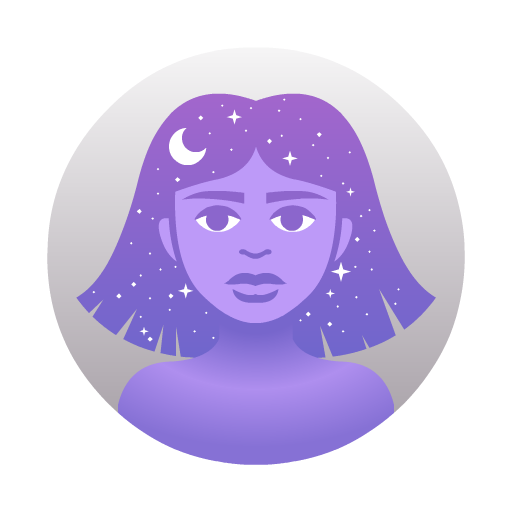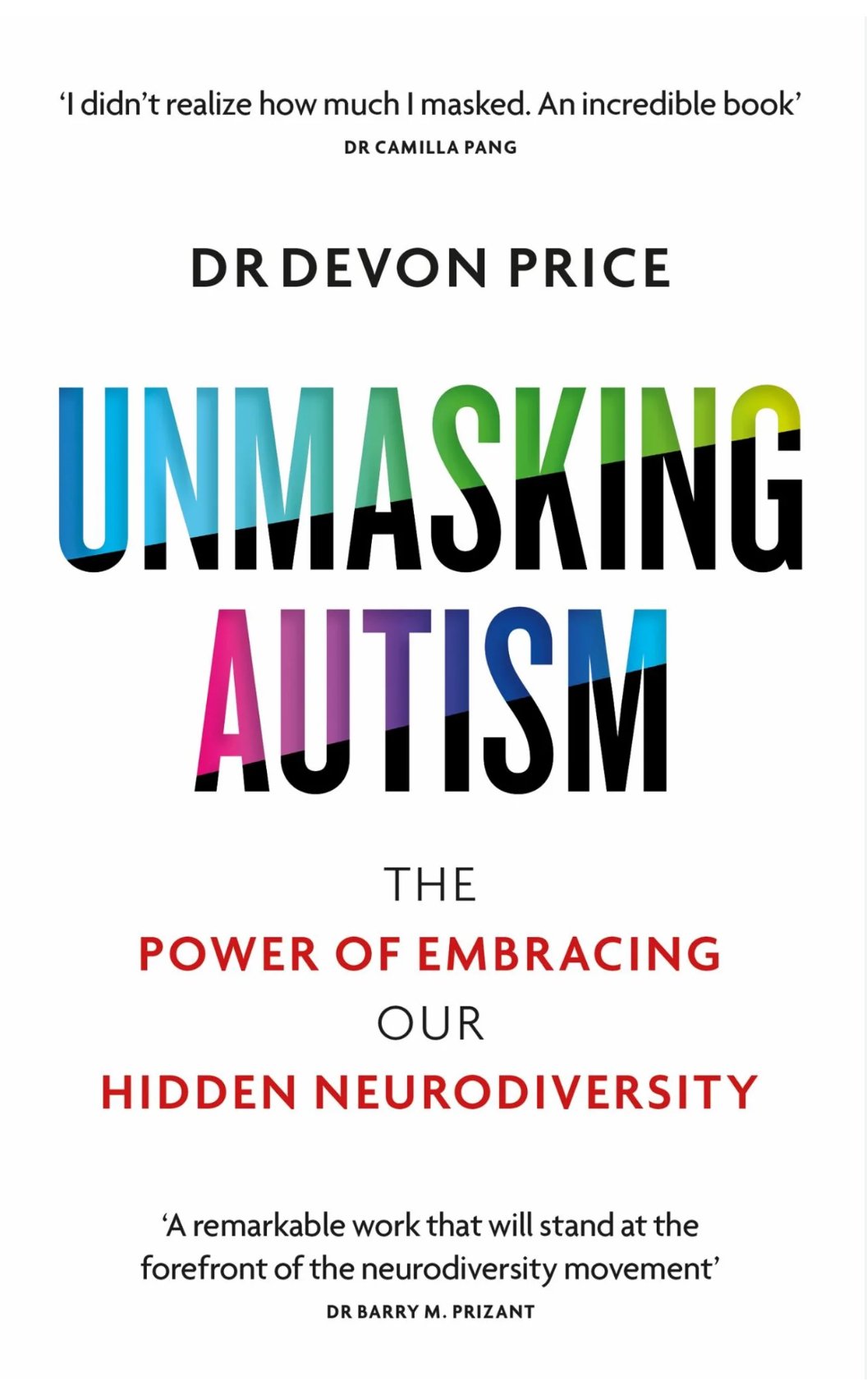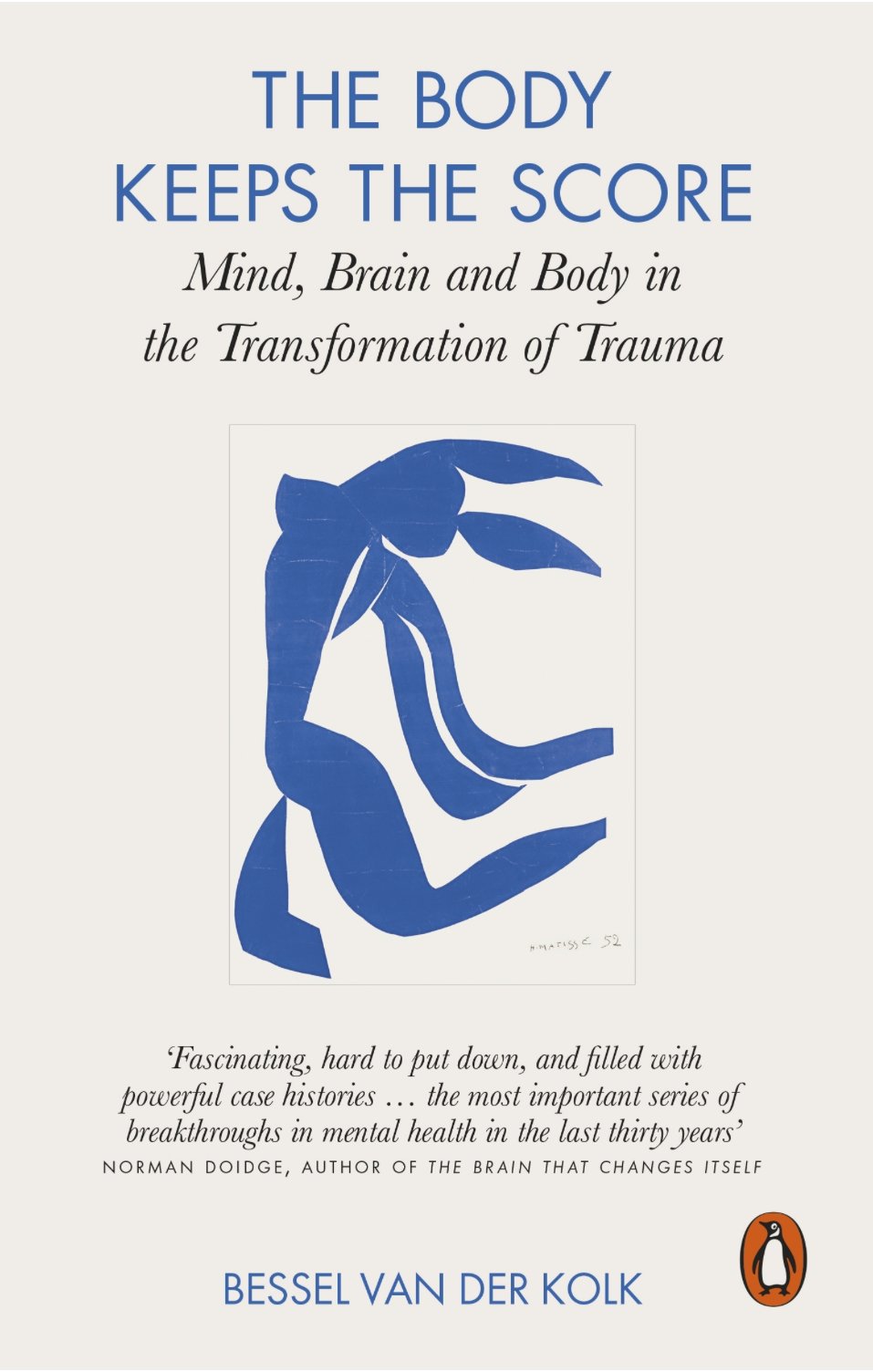Neurodivergence 1.01
Like many people on the internet, recently I have been led down the rabbit hole of ADHD, autism, and all the many variations of neurodivergence. Each, with their own unique constellations of traits and intersections with other aspects of mental or physical health. It should be noted, that like all topics on this internet, neurodivergence is not immune from having misleading information being spread and reported as if fact. Below are my recommendations as to where best to continue your self education about neurodivergence.
‘Unmasking Autism’ by Devon Price
This book helps us rethink stereotypes about neurodivergence especially for adults. If you are an adult who suspects you may be autistic or ADHD but have never been assessed by a medical professional, I recommend you read this. I read this book an a Spotify audiobook, but both the physical and audio versions have a self reflection questionnaire to help apply the information and examples in the text to your own life. This book is well written and well researched.
‘The Dyslexic Advantage’ by Brock & Frenette Eide
Unlike other writing or dialogue around dyslexia, this book focuses on how dyslexic thinkers process information. In doing so, the focus is on what dyslexic thinkers do well, and this provides essential context to the skills they may struggle with. The latest edition of this book is written in light of up to date research. I also read this as a Spotify audiobook, and enjoyed the structure and examples within the text.
‘The Body Keeps the Score’ by
While not directly written through a neurodivergent lease, this book is fundamentally about how our brain and boy work together to process trauma and things we have lived through. This book is an asset to your neurodivergent reading list as neurodivergent individuals are both more likely to endure trauma due to their visible or less visible differences, and neurodivergent individuals are more likely to perceive experiences as traumatic due to the way their brains (and physicality) process information. Albeit dense, this book is a masterpiece and well worth the effort, in both physical and audio format.
When surfing the internet whether it is YouTube, TikTok or other kinds of short form content, remember to check the qualifications and context(s) of the source. If a creator makes you feel like being neurodivergent is “bad”, or if the content makes you feel helpless or panicked without providing any solutions or guidance, then that content probably is made to benefit the creator more than to benefit you and your community. Don’t just take the reel or the Instagram caption as fact, find the text they are quoting and read/listen to better understand the concepts. Neurodivergence is hugely diverse both in traits and how to live better with the traits. Everything is a spectrum and there is no silver bullet that will “solve all your problems.”
When we better understand ourselves, we can find more sustainable ways to move through life, and often this helps us better understand others. My Project Pāhekoheko is the starting point for me into a journey of discovery, understanding and connection.



